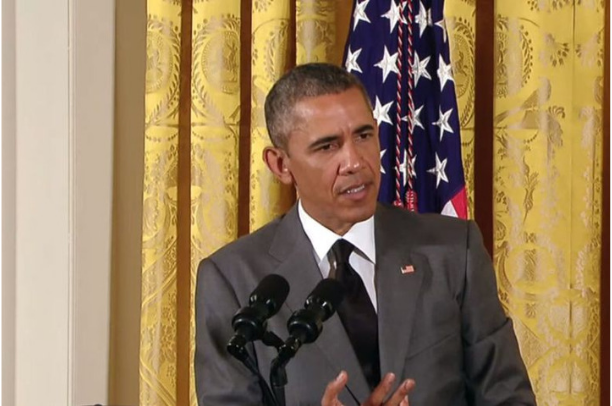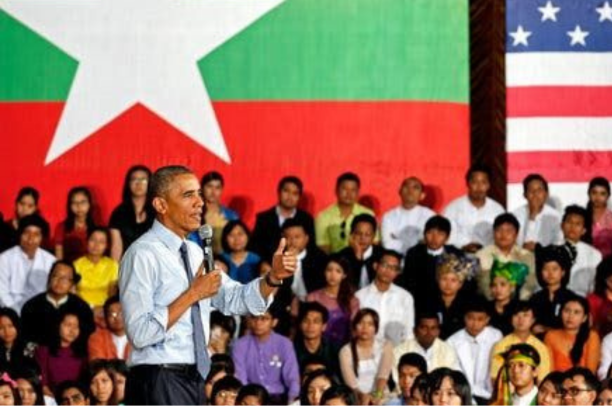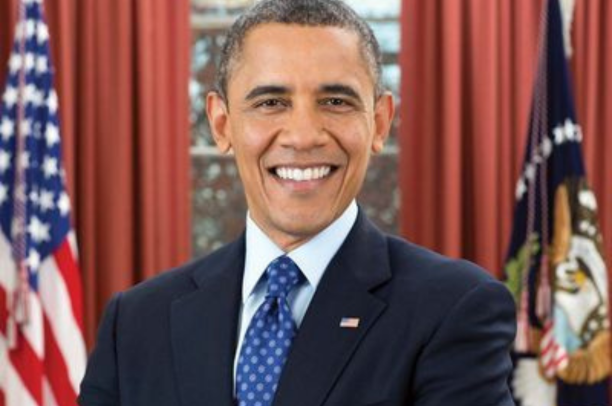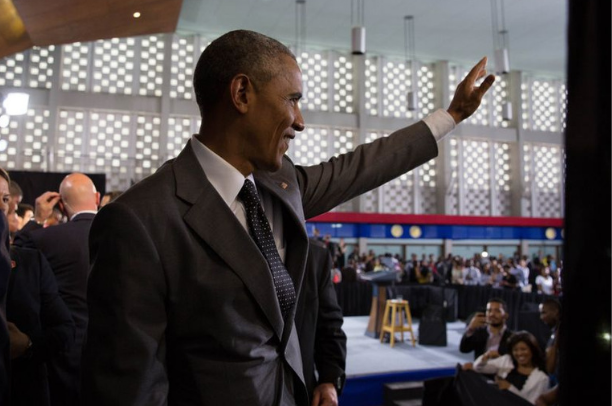Emmanuel Macron’s “Ingratitude” and the Harmful Rhetoric of France’s White Savior Complex
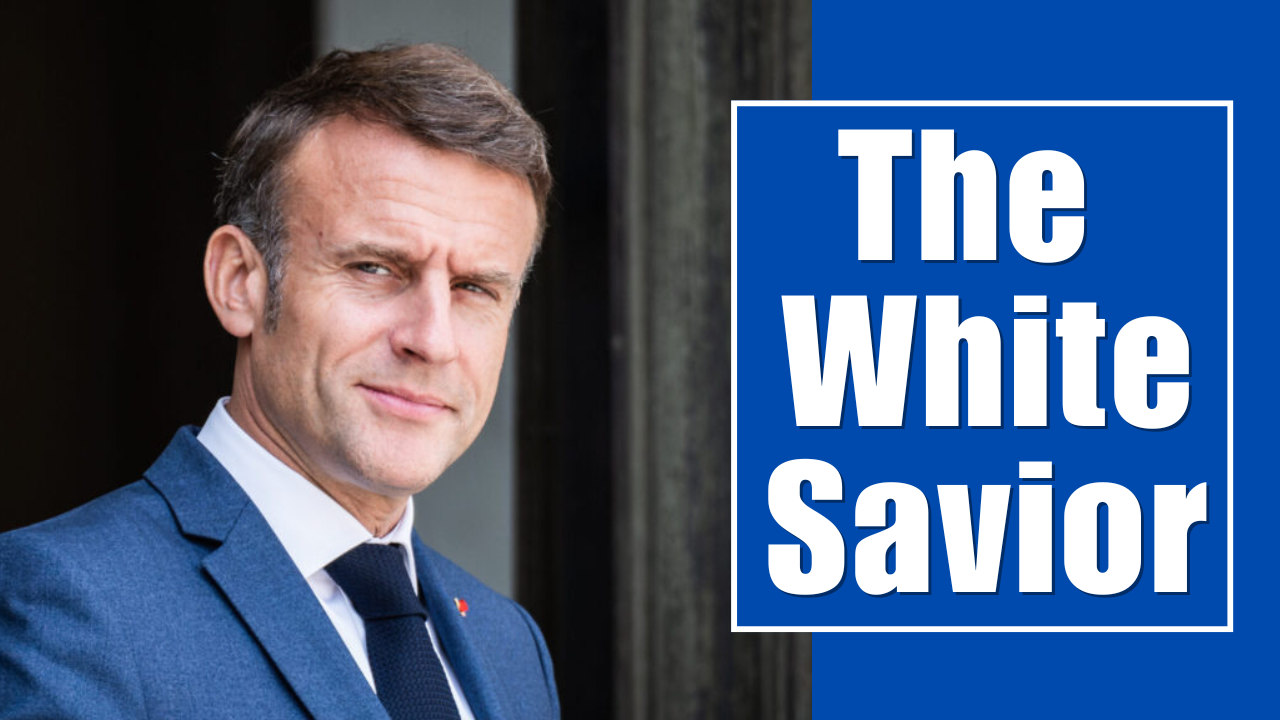
What happens when a world leader suggests that an entire continent owes its sovereignty to another country’s military interventions? French President Emmanuel Macron recently ignited a firestorm across Africa with his controversial remarks, accusing African leaders of “ingratitude” for not thanking France for its role in securing their sovereignty in the Sahel. Speaking to French ambassadors in Paris, Macron’s statement hinted at a deeper, unsettling belief: that African nations’ independence is not their own achievement, but a gift bestowed by France.
Learn with AClasses Academy and improve yourself and your business skills.
Emmanuel Macron’s comments, laden with paternalism, not only insulted African leaders and its people but also revealed a troubling mindset rooted in colonial-era thinking—a mindset that views Africa as perpetually dependent on Western powers for its survival and success. These and more are what we intend to examine in this article.
“None of them would be a sovereign country today if the French army hadn’t deployed in the region,” Macron asserted, seemingly oblivious to the decades of resentment and resistance these very countries have shown against French influence.
Meanwhile, Chad’s Minister of Foreign Affairs Abderaman Koulamallah, reported by EuroNews issued a statement expressing “deep concern at recent remarks by the President of the French Republic, Emmanuel Macron, which reflect a contemptuous attitude towards Africa and Africans”.
“French leaders,” said Chad’s Minister of Foreign Affairs “must learn to respect the African people and recognize the value of their sacrifices”
But what lies beneath Macron’s sweeping remarks? Could this notion of “French benevolence” be an oversimplification, or rather, a dangerous mask for neo-colonial dominance? Why, after all, is it that African leaders are increasingly rejecting French military presence in their countries, even after decades of supposed partnership?
Macron’s comments are not merely the words of one man; they are part of a broader narrative that seeks to frame France’s engagement in Africa as a force for good—one that allegedly offers stability, security, and progress.
However, this narrative, often laced with self-congratulatory language, is a direct descendant of the colonial mindset that has long dominated the relationship between Africa and its former European colonizers.
To truly understand the implications of Macron’s speech, it is essential to unravel the complex history of France in Africa—one marked by exploitation, control, and manipulation. Perhaps, we might better understand why his comments are met with such fierce resistance across the continent and among African diaspora intellectuals.
The Colonial Legacy: A History of France Exploitation in Africa
France’s history in Africa cannot be divorced from its colonial past. From the late 19th century until the 1960s, France dominated vast swaths of the African continent, subjecting millions of people to brutal and often dehumanizing rule.
The French Empire, with its territories stretching from West Africa to North Africa and beyond, reaped immense wealth through the extraction of resources, forced labor, and the suppression of local cultures.
The infamous French policy of “assimilation,” for instance, aimed to suppress African languages, traditions, and governance systems in favor of French culture and authority, leaving a lasting scar on the continent’s identity.
In places like Algeria, one of France’s longest-held colonies, colonialism took a particularly violent turn. The brutal war of independence (1954-1962) left hundreds of thousands of Algerians dead and decimated entire communities.
France’s military tactics—widespread torture, massacres, and scorched-earth operations—were not only aimed at crushing a legitimate struggle for freedom but also at demonstrating the “civilizing” mission that the French believed they had embarked upon in Africa.
In “State of Violence: Administration and Reform in French West Africa”, published by Duke University Press, Yan Slobodkin highlights the tensions between local French administrators and reform efforts aimed at curbing violence.
See also Racism: A Global Crisis in Need of a Cure – Confronting the Moral Dilemma of Discrimination
A stark example, according to the publication is the case of torture and murder in the Ivory Coast village of Oguiédoumé, where French colonial functionaries employed extreme violence to maintain dominance. This incident illustrates how French colonial rule was characterized by brutal tactics, with attempts to curb such violence often clashing with France’s overarching need for control.
Even after most African countries gained independence in the 1960s, France’s colonial influence did not simply vanish. The decolonization process left behind an infrastructure of dependency, where many African states remained economically and politically tied to France.
You might also like The Vatican And European Imperialism – Moving Beyond The Shadows Of Colonialism In Africa
“Chad’s president on Tuesday, January 7,” reported lemonde.fr, accused Emmanuel Macron of being “in the wrong era” after the French president said African countries “forgot to say thank you” for France’s military deployment in the Sahel region to fight an Islamist insurgency.
“I’d like to express my outrage regarding recent remarks by President Macron which border on contempt for Africa and Africans. I think he is in the wrong era,” President Mahamat Idriss Déby Itno said in a speech at the presidential palace published on the presidency’s Facebook page.
The new African leaders, despite claiming independence, found themselves beholden to French interests in order to maintain their sovereignty. As one prominent academic, Mamadou Diouf, put it, “The new African states were born with the weight of the French Empire still resting heavily on their shoulders.”
Neo-Colonialism: France’s Military and Economic Footprint
Fast forward to the 21st century, and the face of French involvement in Africa may have changed, but the underlying motivations remain strikingly similar. Today, France’s military presence in Africa, particularly in the Sahel region, continues to be justified as a necessary intervention against terrorism and extremism.
However, these interventions are more often than not intertwined with France’s own geopolitical and economic interests.
Macron’s speech, which emphasized France’s role in “keeping African countries sovereign,” overlooks a crucial reality: these countries are not fighting for their survival because of French troops, but because of the long-standing instability exacerbated by colonial legacies, neocolonial economic systems, and international interference.
Take, for example, the ongoing operations in Mali, Niger, and Burkina Faso. In these countries, French forces have been deployed under Operation Barkhane since 2013, ostensibly to combat Islamist insurgencies.
Yet, as the years passed, these same French troops have increasingly been viewed with suspicion, if not outright hostility. The situation reached a boiling point in 2022 and 2023, when Mali, Niger, and Burkina Faso expelled French forces following coups that resulted in the rise of military juntas.
The protests against French military presence in these countries underscore the frustration of African leaders and citizens, who see these interventions not as liberating but as continued expressions of dominance or the French White Savor agenda. We will talk about the French White Savor mentality later in this article.
This growing rejection of French involvement points to the realization that Africa’s sovereignty and security cannot be outsourced to foreign powers, especially not to a former colonizer whose own interests have often trumped the welfare of African citizens.
As Senegal’s Prime Minister Ousmane Sonko stated, “France has neither the capacity nor the legitimacy to ensure Africa’s security and sovereignty.” This sentiment is echoed by many across the continent who no longer accept the patronizing notion that African countries owe their security to French forces.
But French military operations are not the only means through which France asserts its influence in Africa. The French financial system also plays a crucial role in maintaining a neo-colonial relationship.
The CFA franc, a currency used by 14 African nations, remains pegged to the euro and controlled by the French Treasury. Despite these nations’ independence, they remain dependent on France for their monetary policy, a situation that keeps them economically tied to their former colonizer.
See also The Vatican And European Imperialism – Moving Beyond The Shadows Of Colonialism In Africa
As African economist, Kako Nubukpo has pointed out, “The CFA franc is a tool for neo-colonial domination,” one that robs African countries of the full autonomy they need to develop their economies independently.
Macron’s “Ingratitude” Rhetoric: A Dangerous Distraction
In this context, Macron’s remarks on African leaders’ “ingratitude” take on a darker, more insidious meaning. The French president’s failure to recognize the ongoing resentment toward French military and economic influence reflects the deeply entrenched paternalism that still characterizes much of France’s attitude toward Africa.
Macron’s comments infantilize African nations, implying that they are incapable of self-governance or making decisions for their own well-being without the guiding hand of France.
Farida Bemba Nabourema, a Togolese activist, aptly described Macron’s rhetoric as “deeply rooted in the racism that justified colonization in the first place.” She argued that Macron’s statement perpetuates a harmful view of Africa as an infantilized, dependent continent that needs constant oversight from Europe.
This is a dangerous mindset that not only denies Africa its agency but also underestimates the capabilities of its people and leaders. The African continent is rich with resources, talent, and the capacity for self-determination; what it lacks is the freedom to make decisions free from foreign interference.
Moreover, Macron’s statement reeks of historical revisionism. The implication that African sovereignty is only possible because of French intervention erases the role of African resistance movements, independence struggles, and the sacrifices made by millions of Africans who fought for freedom.
These movements, from the Algerian War of Independence to the civil rights struggles in sub-Saharan Africa, were not simply reactions to colonialism; they were affirmations of Africa’s desire to shape its own future.
The Growing Rejection of French Influence: A New Era of African Sovereignty
The backlash against Macron’s comments is indicative of a broader trend in Africa: the rejection of French military presence and influence. Countries like Mali, Niger, and Burkina Faso, which have experienced coups and military takeovers, are also increasingly questioning the role of foreign powers in their domestic affairs.
See also Bassirou Diomaye Faye: Emergence of Youthful Leadership Signals Hope for Senegal’s Future
In the case of Niger, after a military coup ousted the pro-French president, the new junta demanded the departure of French troops. This was not an isolated incident but part of a larger wave of resistance against France’s continued role in African affairs.
The rise of anti-French sentiment is not only political but also cultural. Across Africa, there is a growing desire to shed the vestiges of colonialism and reclaim African identity and agency.
The continent’s youth, in particular, are leading this charge, questioning old narratives that portray Africa as dependent on the West for its survival. That leads us to The White Savior Mentality as we shall discuss shortly.
The increasing number of Africans who reject the French “savior complex” is a powerful testament to the changing dynamics of power and influence in Africa. With that said, what really is The White Savior Mentality?
Emmanuel Macron’s White Savior Mentality And Why It’s Dangerous For African Future
Emmanuel Macron’s “ingratitude” remark, which accused African leaders of failing to thank France for its military interventions in the Sahel, reflects a deeply entrenched White Savior mentality.
To learn more, you can see articles like “What Is White Savior Complex and Why Is It Harmful?” Health.com and “‘Latest wave of colonialism’: how dangerous is the white savior complex?” on TheGuardian.com.
This paternalistic mindset frames Africa as a continent perpetually in need of Western intervention and guidance, suggesting that African sovereignty and stability are only possible through the benevolent actions of France.
Macron’s comment, essentially a call for gratitude for France’s so-called protection, reinforces the idea that African nations are incapable of self-determination and must rely on former colonial powers to manage their security and political futures.
This rhetoric infantilizes African countries, portraying them as incapable of resolving their own issues without external, particularly European, help.
Such remarks are not only a dangerous denial of African agency, but they also undermine the political future of the continent by perpetuating a cycle of dependence.
By reinforcing the narrative that France is indispensable to African sovereignty, Macron’s comment discourages African nations from pursuing independent, pan-African solutions to their challenges.
You might also like to see Thomas Sankara’s Speech before the General Assembly of the United Nations on 4 October 1984
It also deepens the structural inequalities in global politics, where African nations are left in a subordinate position. For Africa’s political future to thrive, it must break free from this lingering colonial mindset, asserting its right to chart its own path without the interference of former colonizers like France.
Macron’s remark is a stark reminder of the need to dismantle the White Savior complex that continues to hold back genuine African progress.
The Path Forward: Decolonizing Africa’s Future
For the African diaspora, Macron’s remarks should serve as a wake-up call to the enduring colonial mindset that still seeks to dominate the continent. African nations must continue to reject foreign interference, particularly from former colonizers like France, and instead embrace the potential for self-determined progress.
Decolonization, both politically and economically, is a process that requires African nations to reclaim their sovereignty and challenge the structures of dependence that have kept them shackled to colonial legacies.
In doing so, Africa can chart a course toward a future defined by African solutions to African problems. As African leaders push for greater regional cooperation and seek to create stronger intra-African ties, the hope is that the continent can build a more equitable, self-sustaining future.
The task now is for Africans, both on the continent and in the diaspora, to decolonize their minds and reject the white savior mentality that continues to undermine African potential. That is what we are continuously talking about decolonization in AClasses Academy.
In the words of the renowned Nigerian author Chimamanda Ngozi Adichie, “We must be careful not to view Africa through a single story,” especially one crafted by the very powers that once subjugated it.
Macron’s call for gratitude is but another attempt to perpetuate the single, colonial story that has long held Africa back. It is time for the continent to write its own story—one of dignity, sovereignty, and true independence.
I know this is a long article, but it needed enough time to explain it. So, thank you for reading to the end.
Learn with AClasses Academy and improve yourself and your business skills.
